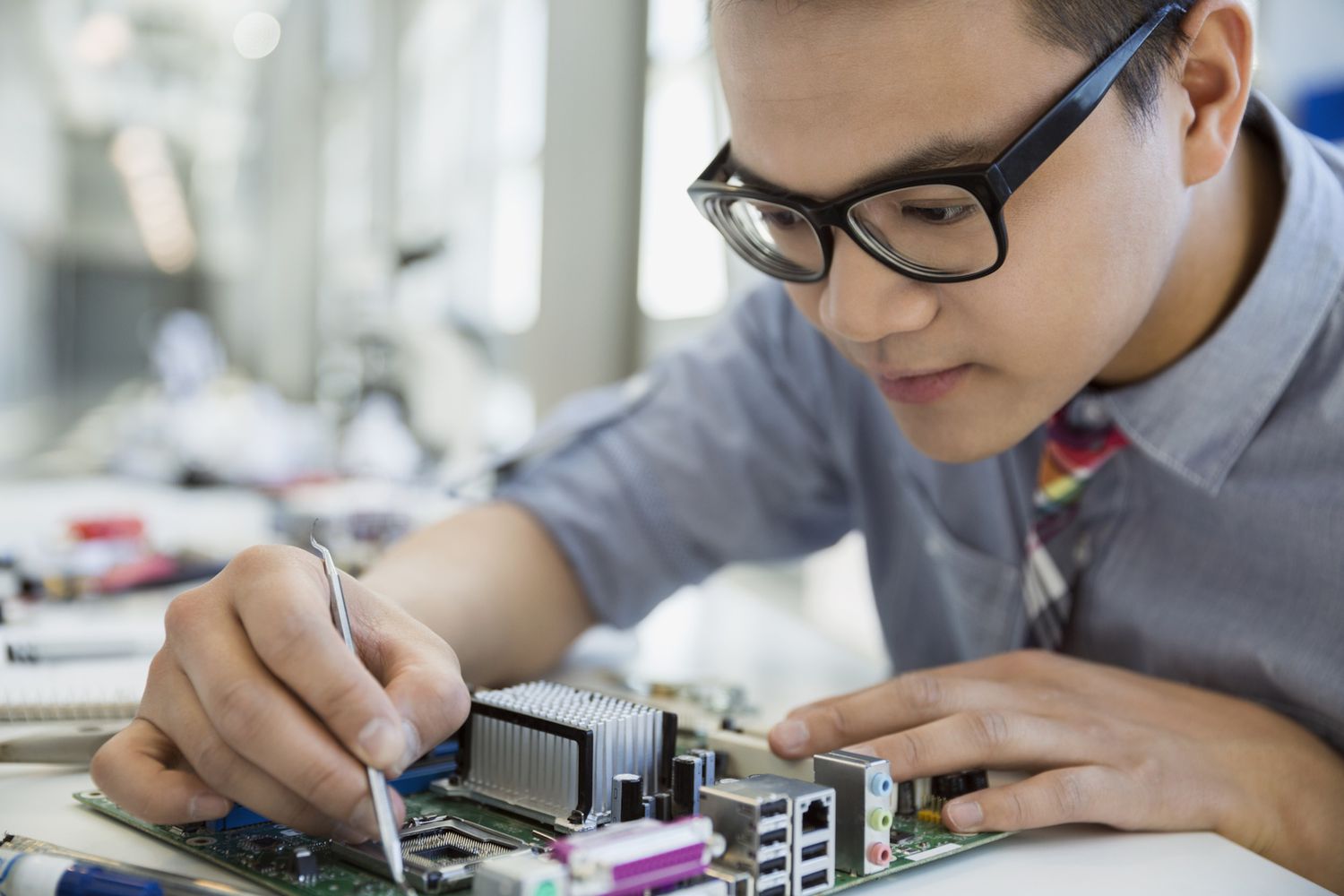Researchers at CU Boulder have taken a major step forwarding in combining advanced computer simulations with artificial intelligence to try to predict and detect failures in electronics such as transistor failure in cellphones.
This research was led by Sanghamitra Neogi, who is an aerospace engineer and physicist, and it appeared in the journal npj Computational Materials. Neogi and other researchers mapped the physics of small building blocks made of atoms and then used machine learning techniques to estimate how the same building blocks could create larger structures. “It’s a bit like looking at a single Lego brick to predict the strength of a much larger castle. We’re trying to understand the physics of devices with billions of atoms,” said Neogi, assistant professor in the Department of Aerospace Engineering Sciences to Ann and HJ Mead.
It’s a quest that could be a boon to the electronics that make up our daily lives, from electric cars and cellphones to emerging quantum computers. One day, Neogi says, engineers could use the team’s methods to anticipate flaws in the design of electronic components. The project is part of Neogi’s broader focus on how the world of very small things, like the movement of atoms, can help people build new and more efficient computers. “Instead of waiting for years to find out why devices are failing, our methods allow us to know in advance how a device is going to work before we even build it,” said Neogi.


